
Ivonescimab plus chemotherapy significantly improved progression-free survival (PFS) in patients with EGFR-mutated nonsquamous non-small cell lung cancer (NSCLC) who progressed on EGFR-tyrosine kinase inhibitor (TKI) treatment, according to results from the phase 3 HARMONi-A trial.
Li Zhang, MD, of the Sun Yat-sen University Cancer Center, and colleagues conducted the randomized, double-blind trial and presented results from the first planned interim analysis during the 2024 American Society of Clinical Oncology Annual Meeting.
Ivonescimab, also known as AK112/SMT112, is an anti–PD-1/VEGF bispecific antibody that has shown “potential efficacy” in earlier-phase clinical trials of patients with NSCLC who have EGFR mutations and have experienced failure of prior EGFR-TKI therapies. The phase 3 HARMONi-A trial aimed to “evaluate and confirm” the efficacy and safety of ivonescimab plus chemotherapy compared with chemotherapy alone in this population of patients, Dr. Zhang and colleagues explained.
The study investigators randomized 322 patients 1:1 to receive ivonescimab 20 mg/kg plus pemetrexed 500 mg/m2 and carboplatin (n=161) or placebo plus chemotherapy once every 3 weeks for 4 cycles (n=161). The initial regimens were followed by maintenance therapy with ivonescimab and pemetrexed or placebo and pemetrexed.
Patients were stratified by their third-generation EGFR-TKI status (received vs not received) and if they had brain metastases. Among the patients receiving ivonescimab plus chemotherapy, 86.3% had received third-generation EGFR-TKI treatment, compared with 85.1% in the group of patients receiving chemotherapy plus placebo. Brain metastases was present in 21.7% of patients receiving ivonescimab plus chemotherapy and 23.0% of those receiving chemotherapy plus placebo.
The primary end point of the phase 3 HARMONi-A trial was PFS in the intention-to-treat population, as assessed by an independent radiographic review committee (IRRC) per the Response Evaluation Criteria in Solid Tumors v1.1. The median follow-up was 7.89 months.
The PFS showed significant improvements in patients receiving ivonescimab plus chemotherapy (hazard ratio [HR], 0.46; P<.0001), with a median PFS per IRRC of 7.06 months in the patients receiving ivonescimab plus chemotherapy, compared with a median PFS of 4.80 months in those receiving chemotherapy plus placebo.
A prespecified subgroup analysis showed the PFS benefit was “favoring patients receiving ivonescimab over placebo across almost all subgroups,” according to Dr. Zhang and colleagues. These subgroups included those who progressed on the third-generation EGFR-TKI therapy (HR, 0.48), those with brain metastases (HR, 0.40), those with EGFR mutation of deletion 19 (HR, 0.48), and patients who were positive for the EGFR T790M mutation (HR, 0.22).
The overall response rate (ORR) was 50.6% in patients receiving ivonescimab plus chemotherapy and 35.4% in those receiving placebo plus chemotherapy.
Treatment-emergent adverse events (TEAEs) grade ≥3 occurred in 61.5% of patients receiving ivonescimab plus chemotherapy and 49.1% of those receiving placebo plus chemotherapy. The most common grade ≥3 TEAEs were chemotherapy-related AEs, according to the study investigators. Grade ≥3 immune-related AEs occurred in 6.2% of patients receiving ivonescimab plus chemotherapy and 2.5% of those receiving placebo plus chemotherapy. Grade ≥3 VEGF blocking-related AEs occurred in 3.1% of those receiving ivonescimab plus chemotherapy and 2.5% of those receiving placebo plus chemotherapy.
Based on the interim results of the phase 3 HARMONi-A trial, Dr. Zhang and colleagues concluded that “ivonescimab plus chemotherapy significantly improved PFS while maintaining a manageable safety profile in patients who had failed EGFR-TKI treatments.”
Reference
Zhang L, Fang W, Zhao Y, et al. Ivonescimab combined with chemotherapy in patients with EGFR-mutant non-squamous non-small cell lung cancer who progressed on EGFR tyrosine-kinase inhibitor treatment (HARMONi-A): a randomized, double-blind, multi-center, phase 3 trial. Presented at the 2024 American Society of Clinical Oncology Annual Meeting; May 31-June 4, 2024; Chicago, Illinois.

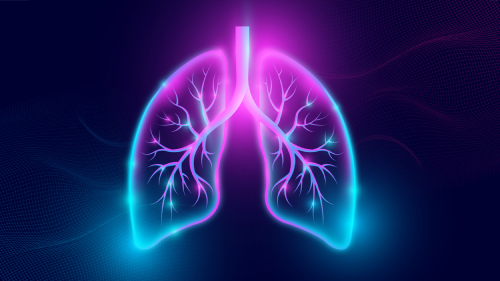
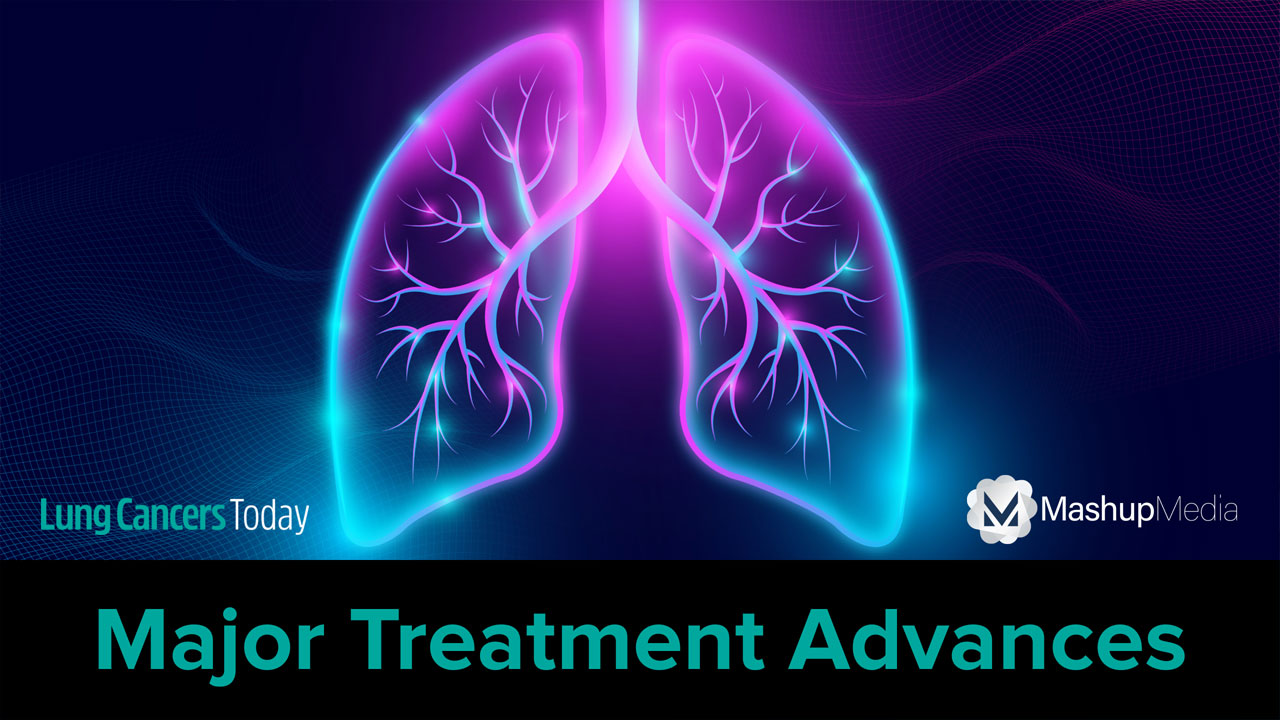
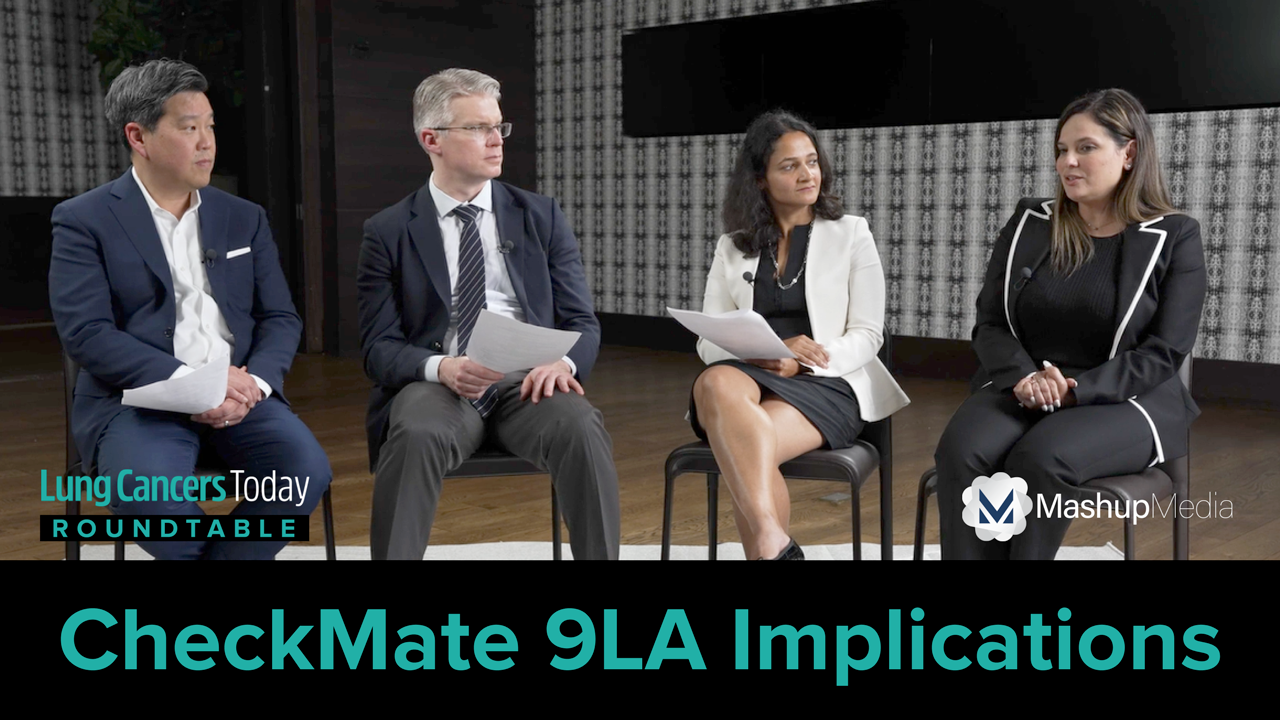
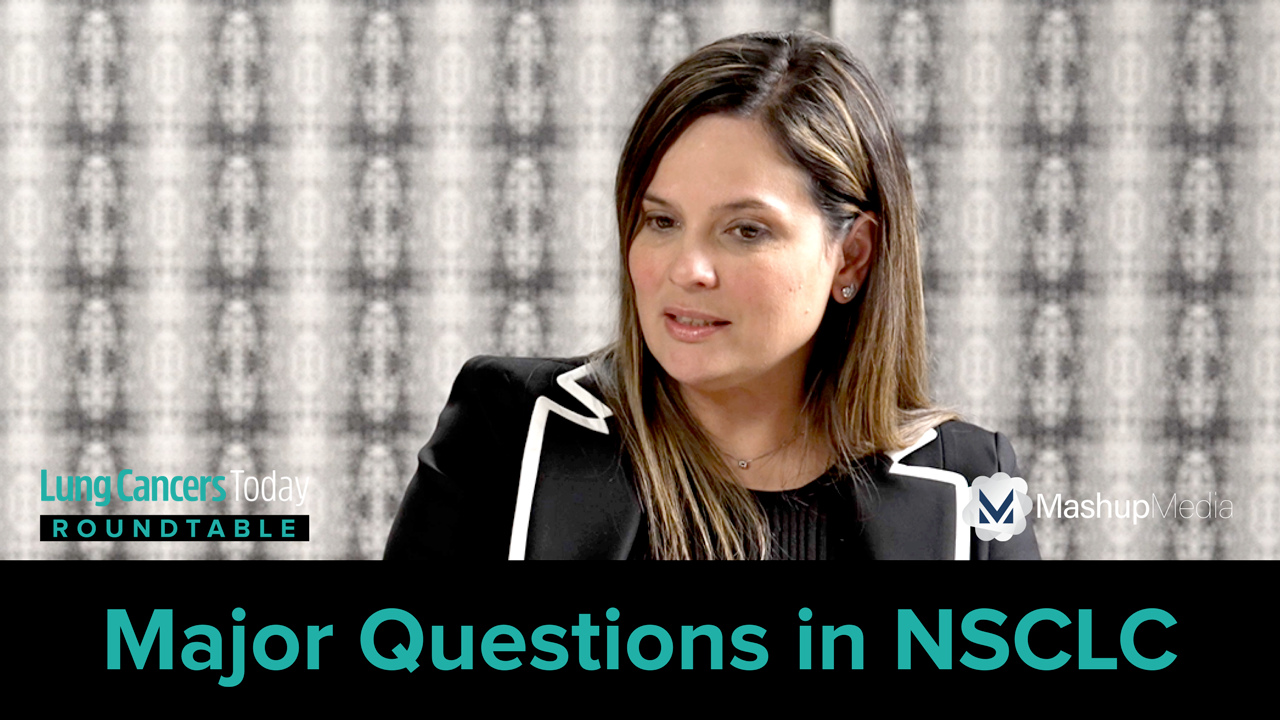
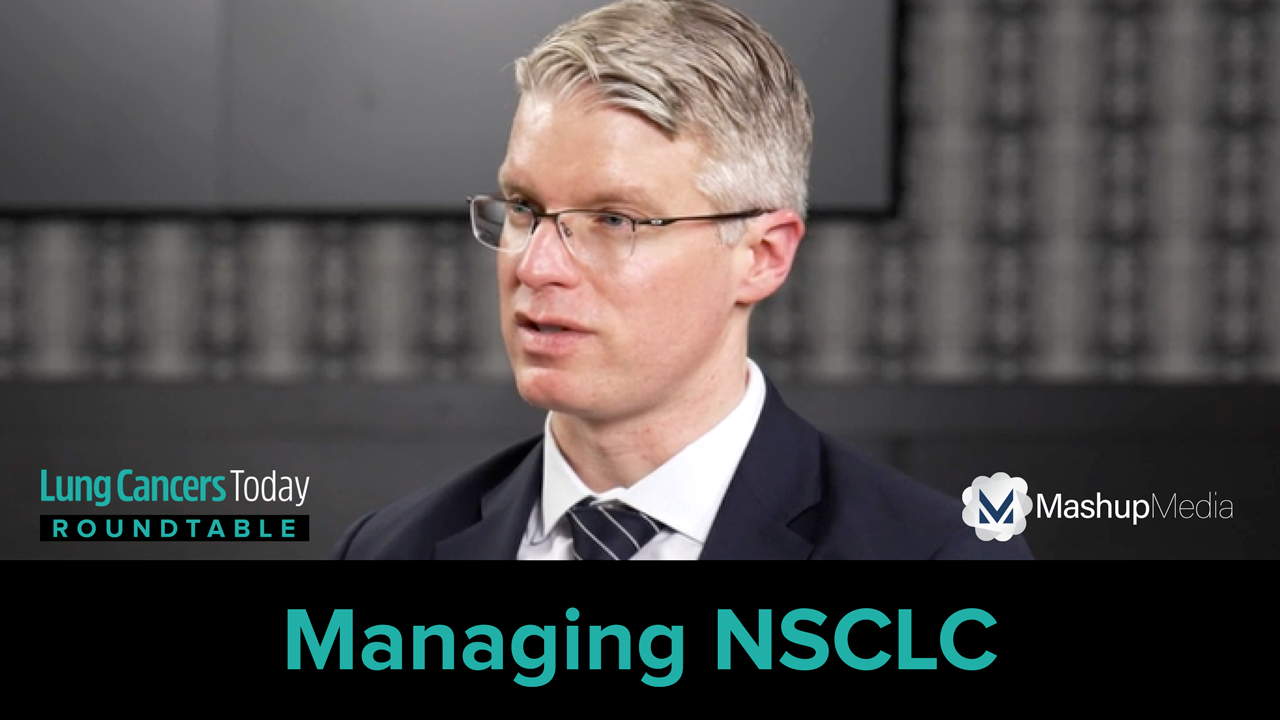

 © 2025 Mashup Media, LLC, a Formedics Property. All Rights Reserved.
© 2025 Mashup Media, LLC, a Formedics Property. All Rights Reserved.